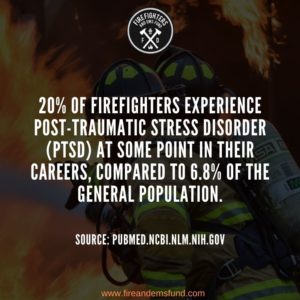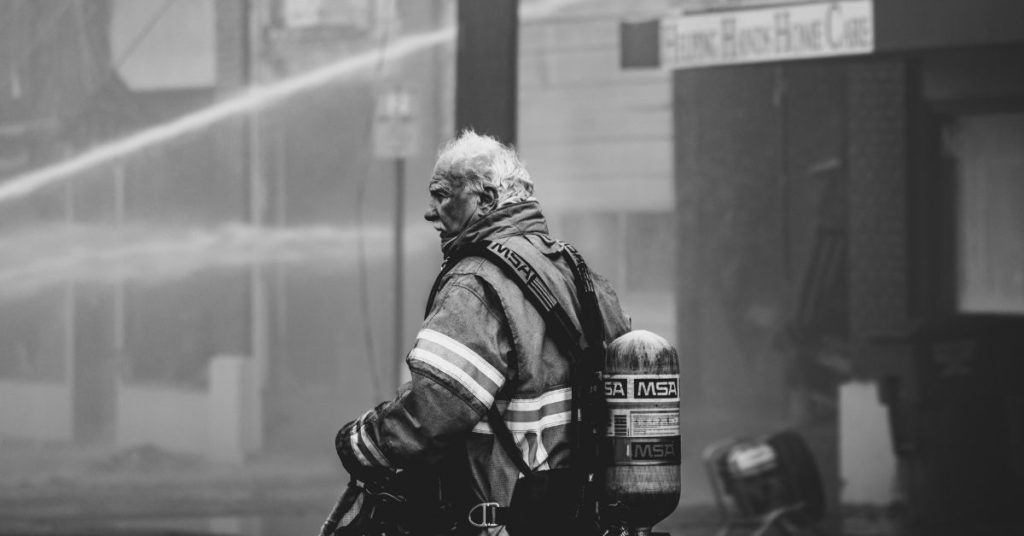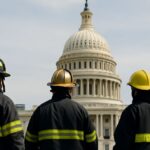Tragedy is hopefully a rare event in our lives – but not for firefighters and EMTs. They routinely witness some of the worst moments imaginable – people gravely injured or trapped, screaming for help, clinging on for life. When faced with these situations, first responders are expected to put their own safety on the line to try and ensure the safety of others.
Post Traumatic Stress Disorder (PTSD) in Firefighters
Even when a firefighter or EMT walks away from an incident scene with no visible injuries, this doesn’t mean that they are unscathed. Witnessing so much danger, suffering, and death can take a toll. Research has found that approximately 20% of responders experience post-traumatic stress disorder (PTSD) at some point in their careers, compared to 6.8% of the general population.
PTSD leaves people struggling to overcome the memories of traumatic experiences. “People with PTSD have intense, disturbing thoughts and feelings related to their experience that last long after the traumatic event has ended,” the American Psychiatric Association explains, “They may relive the event through flashbacks or nightmares; they may feel sadness, fear or anger; and they may feel detached or estranged from other people. People with PTSD may avoid situations or people that remind them of the traumatic event, and they may have strong negative reactions to something as ordinary as a loud noise…”

Clearly, these symptoms prevent firefighters from functioning in ordinary life and on the job. However, traumatic experiences can be a catalyst for positive change. This is called post-traumatic growth. After a traumatic experience, people can have a renewed appreciation of life and enhanced feelings of meaning, purpose, and connection.
Post-Traumatic Growth
Research has found a number of methods that help firefighters leverage traumatic experiences to grow and avoid suffering from PTSD. Most impactful is “deliberate rumination.” This is when an individual purposefully reflects on an experience to make sense of it and extract learnings as opposed to trying to suppress the memories when they arise spontaneously.
Another effective method is “problem-focused coping.” This is when an individual comes up with actionable strategies to address the trauma and prevent it from disrupting their lives. For example, if a firefighter finds that they are triggered by loud noises, they could start a plan in which they expose themselves to loud noises and steadily increase the intensity and frequency.
The evidence also suggests that social connection helps people to overcome trauma. This is an important lesson for fire companies. Although stigma can drive firefighters to hide mental health conditions, leaning on others and on their community can be incredibly helpful. After intense incidents, fire chiefs can create the space for their crews to open up and reflect so that individuals can know that they are not alone and that they are supported.
Traumatic experiences are inevitable in firefighting. What is not inevitable are negative impacts like PTSD. By using certain strategies, firefighters can grow from these experiences and become better firefighters, and stronger people who live richer lives.









